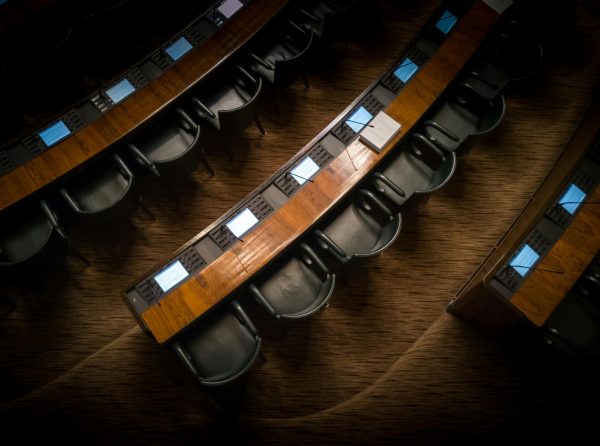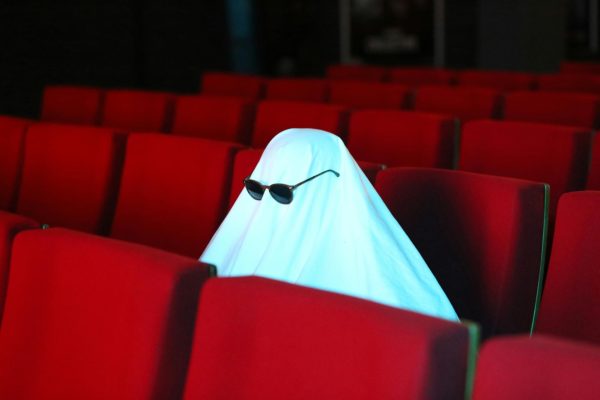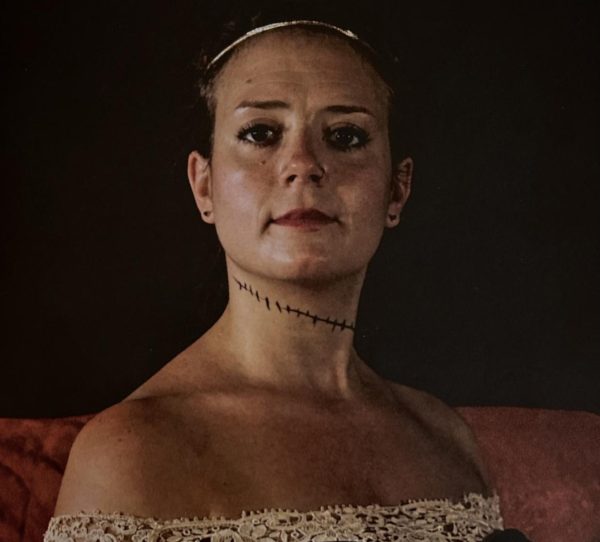I Write for Nor’easter News
Stories of Breaking Barriers
Loren’s Story-
I do not know my b’s from d’s unless I capitalize them, I struggle to do simple math in my head, and reading out loud is an absolute living nightmare, but I still have never actually been diagnosed with dyslexia. Even if I cannot say I am officially dyslexic, I know I have struggled enough with my academics because of a reading disability to I write a section in this series.
When I was younger, much like Krista, I was always in the special reading group. I was taken out of class, usually art or gym, to be timed while reading words from a list and answering questions from several different passages of text. Even in the summer, I went to school to do this. My entire academic career as a child was run by the pressure to read aloud quickly. In school, after school, and during my vacations, I was asked to read lists of words that progressed in difficulty while being timed to see how many I could get through. It was incredibly mentally draining.
However, in the learning setting, I was always given the “easy” books to read and told not to open the thicker books like the rest of the class. I remember every year I was in grade school I was stuck with the same four other kids with the same simple books because the system grouped us together. Our homework was always a little easier, our notes were taken for us, and no one caught on to the lasting impact of this specialized treatment.
In middle school, the four of us also shared every class. It was like the system wanted us to know how different we were, as if it was easier to generalize each of our learning disabilities as an overall “slow in school” type, instead of individuals that need personalized accommodations. We ended up calling ourselves SPED, short for special education. I got yelled at once for using that term in class. There was so much frustration in understanding the special treatment we were given but being denied the right to say that our books were smaller, our assignments had later due dates, and our class never went in depth about anything like everyone else’s English class.
It was not until high school when I was taken out of my favorite acting course that I stood up for myself. Now, looking back, I wish I did it sooner. I told the teacher point blank, “I do not need to be here.” Finally, someone listened. And that was the last time I missed class to be asked to read a list of nonsense words in under sixty seconds.
In all honesty, I feel I struggled most with reading because I was constantly being told I could not read. Something was wrong with me, and still is, as I cannot grasp spelling or reading as fluently as others. But had the educational system not made me feel so bad about myself, maybe things would be different today.
When a child is continuously being bombarded with the ideas, from adult teachers and parents, that his or her potential is less than others due to a different style of learning, it only makes senses that the level of success and ability would diminish.
The biggest issue I faced as a kid was when I wanted, more than anything, to be in honors English. The class was not offered until eighth grade, so from seventh and beyond I got an A in every English class I took. Yet, somehow, every year I was not recommended for honors. So every year I petitioned against it, and every year the teacher refused to sign. My teachers, who I proved time and time again how much I wanted to grow as a writer and how the barriers of reading were broken by audiobooks, still said no. They said no with the excuse that I was not a strong enough writer.
But I kept writing.
I took a journalism class in high school. That is what made me want to join Nor’easter News. But I fell in love with writing long before then. I might struggle with reading and spelling, but I found joy in molding my creative thoughts into words that I could fix and edit so my passion could become a clear voice.
I use writing to get things out of head, it is a therapy for me. I use writing as a way to understand myself. So even if all my past teachers told me over and over again that I was not a strong enough writer to be in honors English, it did not stop my love for writing.
But it did stunt my potential. Had I been given the chance to let my writing thrive in high school, I am sure I would be an even stronger writer today.
In the end, I am who I am, and I write for myself. I believe that I can make a change with my words. Even if I avoid all types of reading, need spell check to be understood, and hesitate when scribbling the word “deliberate” or “consciousness,” I love writing.
I write for Nor’easter News because the world cannot stop me from using my voice. I have a passion and my impairment does not, and will not, slow me down.







